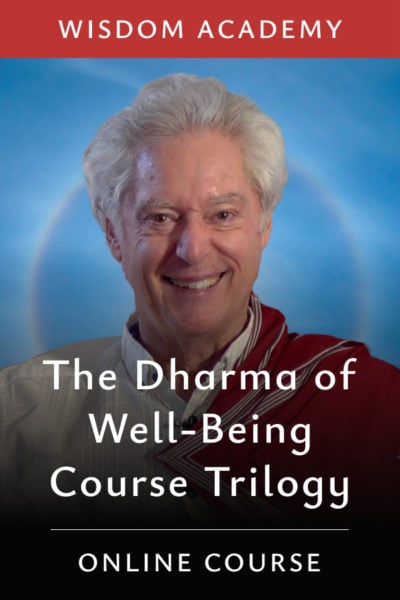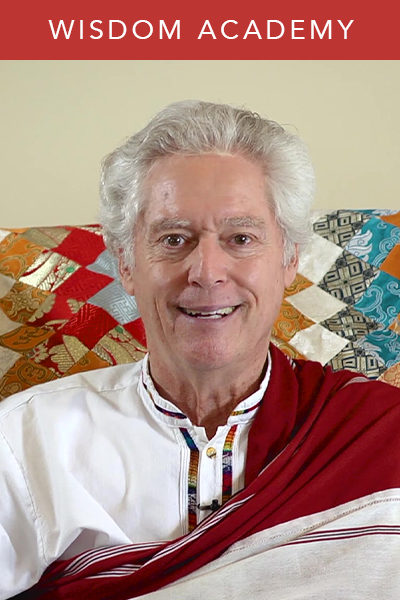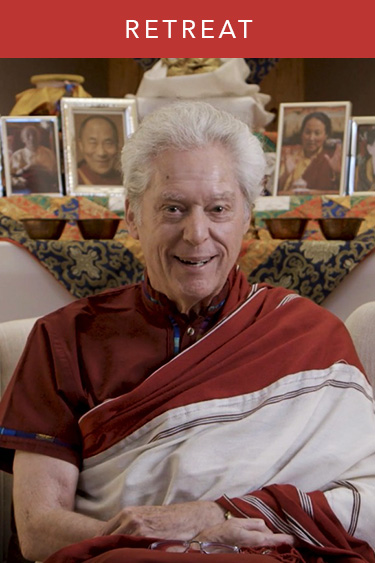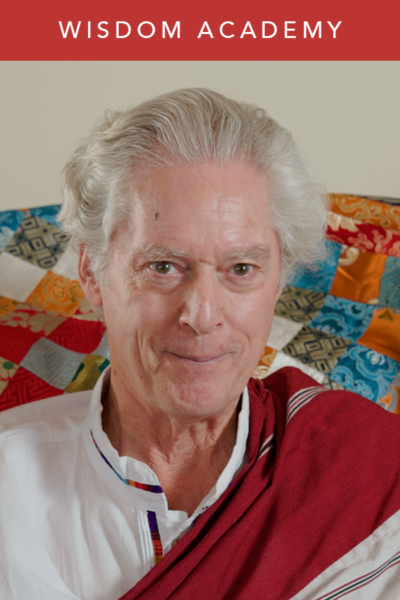Far from a sectarian statement, the greatness of wisdom and compassion is asserted due to their ability to free all sentient beings from suffering and provide their perfect happiness, unendingly. The Mahāyāna foundation of these teachings is illustrated skillfully by Lama Alan Wallace, drawing out the far-reaching implications of emptiness and how this view is mutually dependent with a compassionate motivation.
Grasping and reifying experience serves as the basis for suffering, unrealistically misapprehending the nature of reality. All composite phenomena are found to be impermanent and changing; deep understanding of this truth can realign expectations and behavior into harmony with reality and alleviate suffering.




